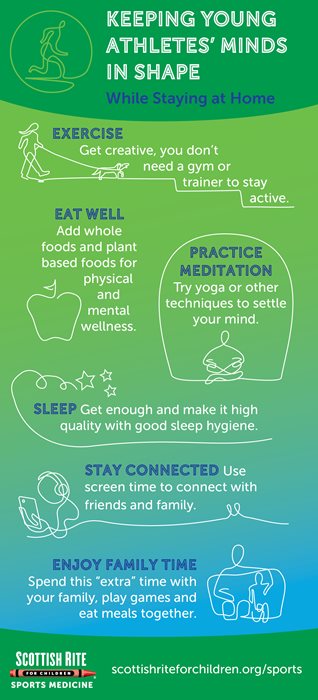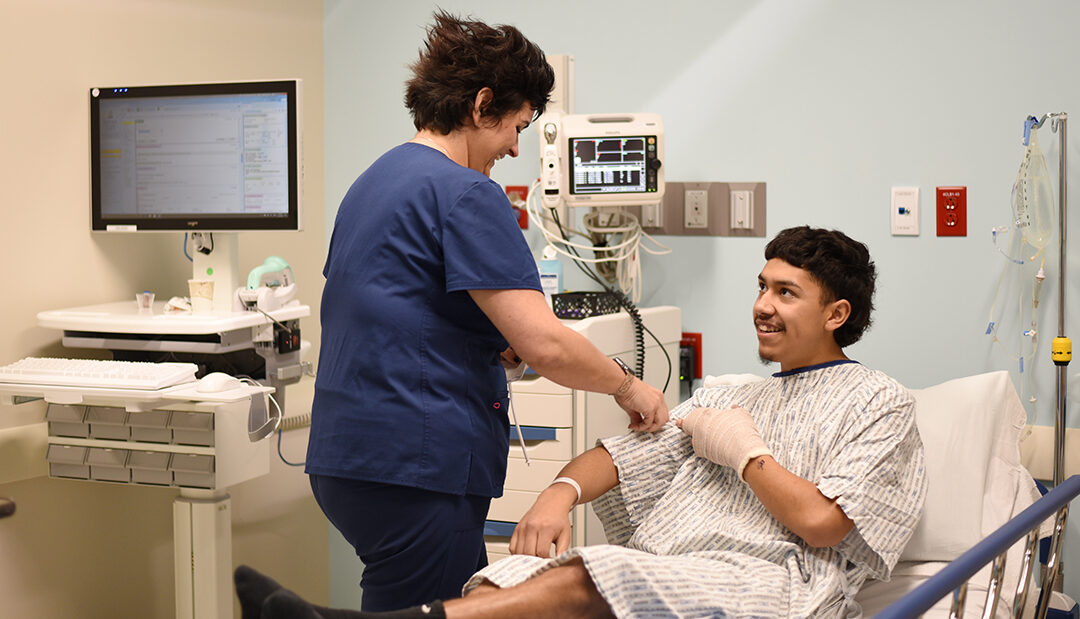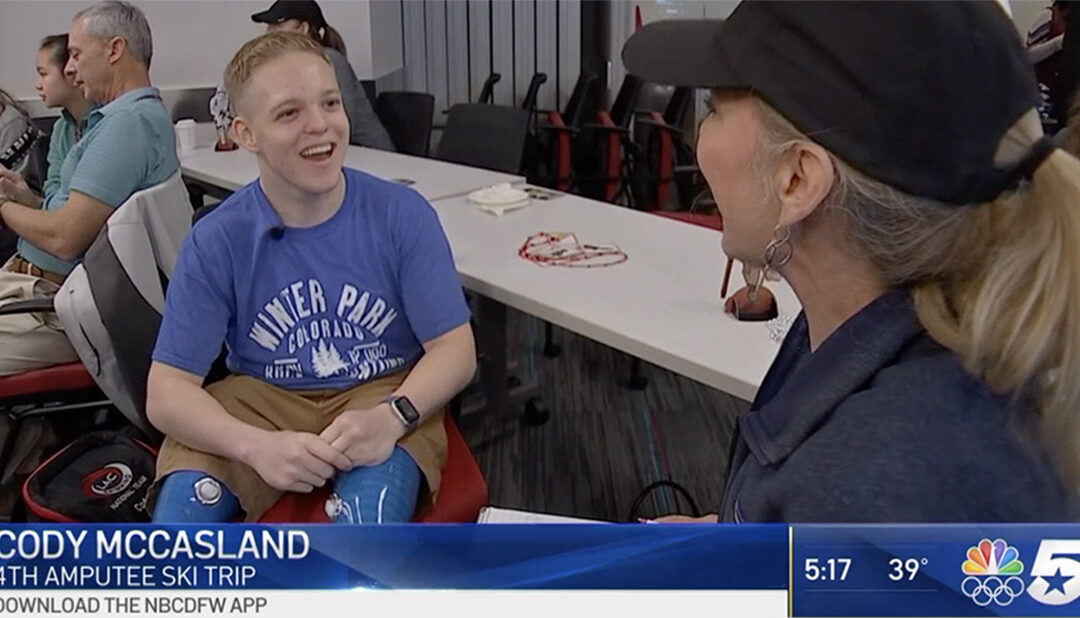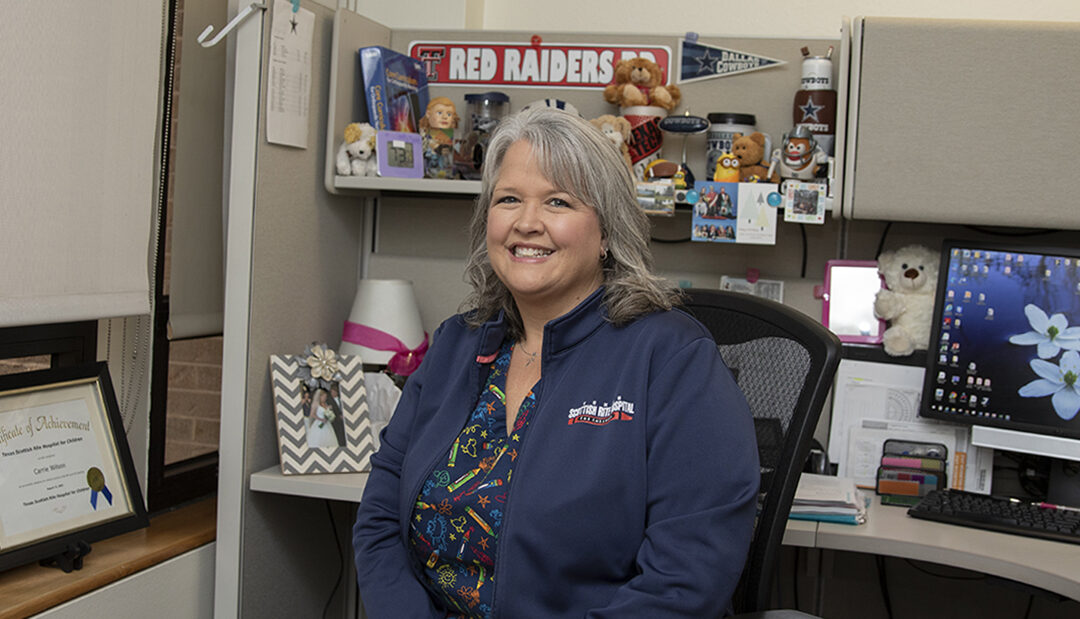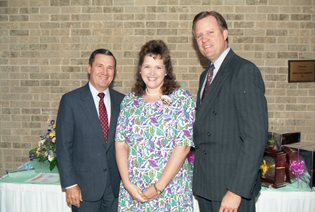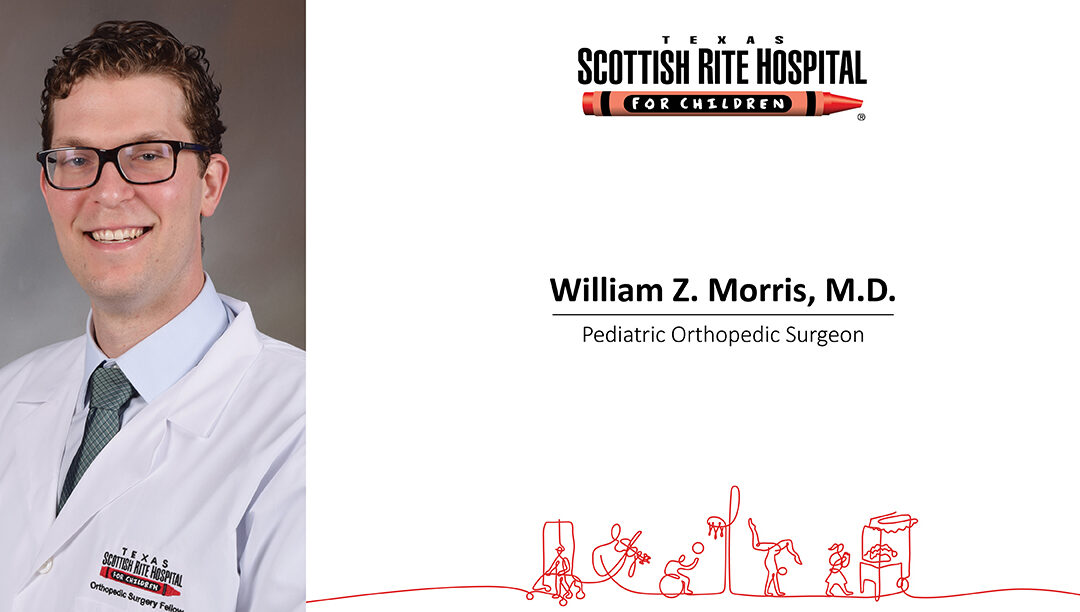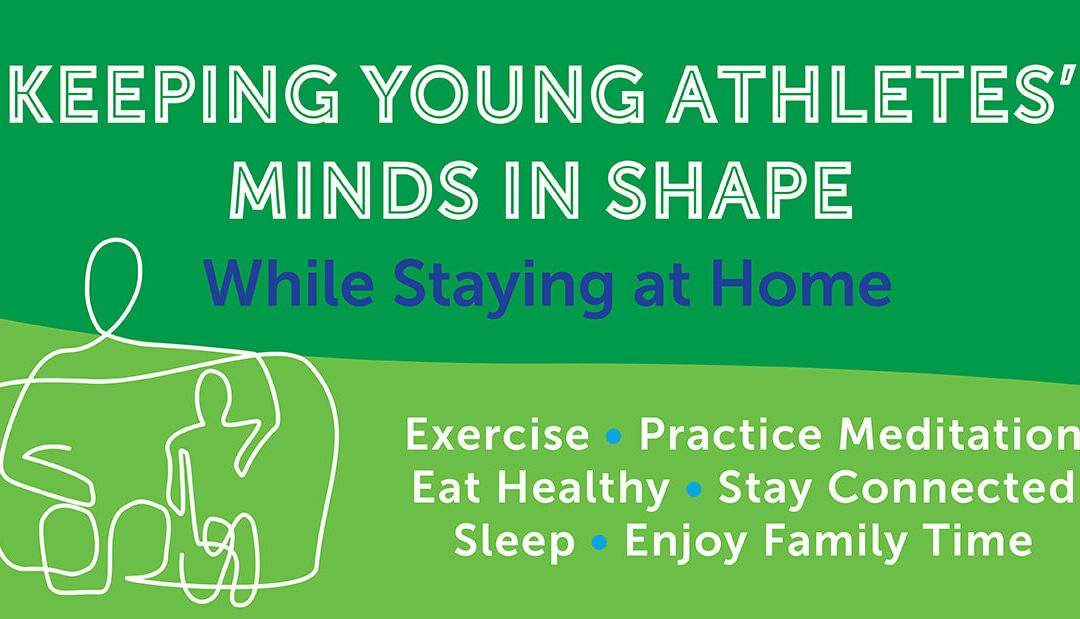
Supporting Your Teen Athlete When Stress is High
The American Academy of Pediatrics (AAP) Council on Sports Medicine and Fitness and the American Medical Society for Sports Medicine have both recently highlighted the importance of mental health and providing a safe environment for student athletes. Here are some tips to help you recognize possible signs of stress in your athlete and ways to offer support.
Stress in Teenage Athletes
In addition to academic and social stressors that most teenagers face, teenage athletes can also experience stress from:
- Too much pressure from parents or coaches to perform
- Overscheduling
- Not wanting to play the sport
- Balancing school, athletics, and social demands amidst sport demands
Learn to Recognize Signs and Symptoms of Negative Stress in Teenagers
Signs are things you may see. Symptoms are things an athlete reports feeling or experiencing. Here are a few signs and symptoms to watch out for:
Physical
- Persistent stomach and headaches
- Muscle tension
- Prolonged pain and/or pain out of proportion of what is expected after an injury
Emotional
- Irritability
- Mood swings
- Emotional outbursts
- Withdrawing from activities or social interactions
Behavioral
- Fatigue
- Difficulty concentrating, easily distracted
- Changes in eating habits
- Poor sleep
- Biting fingernails
- Aggression
- Procrastination
- Use of drugs/alcohol
How Can You Support Your Athlete?
Try these ideas to help your young athlete develop healthy coping skills even before you see changes in behavior.
- Talk to them. Ask your young athlete about their stressors and how you can support them. Help them problem-solve by breaking down big problems into smaller parts. This allows them to take one step at a time, rather than trying to tackle everything at once.
- Reframe how your athlete defines achievement. Young athletes often experience a sense of failure or disappointment when they don’t reach an expected outcome in competition. Encourage your athlete to:
- Giving his or her best effort.
- Measuring personal progress, rather than end results or winning.
- Encourage breaks and down time. For example, suggest that they check in with friends, watch a movie, read a book or listen to music.
- Take a time out. Institute a “no [primary sport] talk” rule for two hours after a game or practice, no matter the outcome. Emotions tend to run high right after the activity, and parents can often unknowingly increase stress. By taking a time out from discussing performance or outcomes, you can avoid unintentional stress and/or arguments.
- Encourage diverse interests, hobbies and friend groups. Introduce your young athlete to new ideas for activities and hobbies unrelated to their sport. This helps with meeting new people and exploring interests they may not be aware of yet.
- Discuss healthy coping skills that can help manage stress. Deep breathing techniques, progressive muscle relaxation, yoga going for a walk or engaging in a physical activity other than their primary sport. Learn to relax with apps like Headspace, Calm, Smiling Mind (free) and Stop, Breathe, & Think Kids (appropriate for kids 10 and under).
- Encourage the use of positive self-talk. Teach them to use phrases like, “I’ve got this,” “I can do better next time,” or “I choose to learn from my mistakes, not be held back by them.” Negative self-talk (“I can’t do this” or “I let the team down”) increases stress. With practice, an athlete can learn to shift negative to positive thoughts and reduce stress.
- Support healthy sleep hygiene. Teenagers should be sleeping a minimum of eight hours per night. Teach good habits including limiting screen time and caffeine before bed, consistent waking and bedtime and a creating a quiet environment.
- Encourage a healthy diet. Encourage them to choose water over sugary beverages, fuel for school and activity and eat a variety of fruits and vegetables.
All of these ideas can help, but if the problems are ongoing or the suggestions above are not helpful, it may be time to seek professional mental health services for your young athlete. Talking through stressors with a licensed psychologist or mental health counselor can be a healthy outlet for chronic stress and help your athlete learn positive coping strategies to use in the future when experiencing negative stress.
In case you are concerned, and you are not sure where to turn, here are two resources in addition to your school counselor and behavioral health resources provided by your health insurance plan:
- Crisis Text Line (Text HOME to 741741) – connect with a crisis counselor via text
- National Suicide Prevention Lifeline (1-800-273-8255)
Check out a message from sports medicine physician Jane S. Chung, M.D.
At Scottish Rite for Children, our team of trained pediatric psychologists are here to help our patients throughout treatment and recovery. Learn more about our Psychology department.

